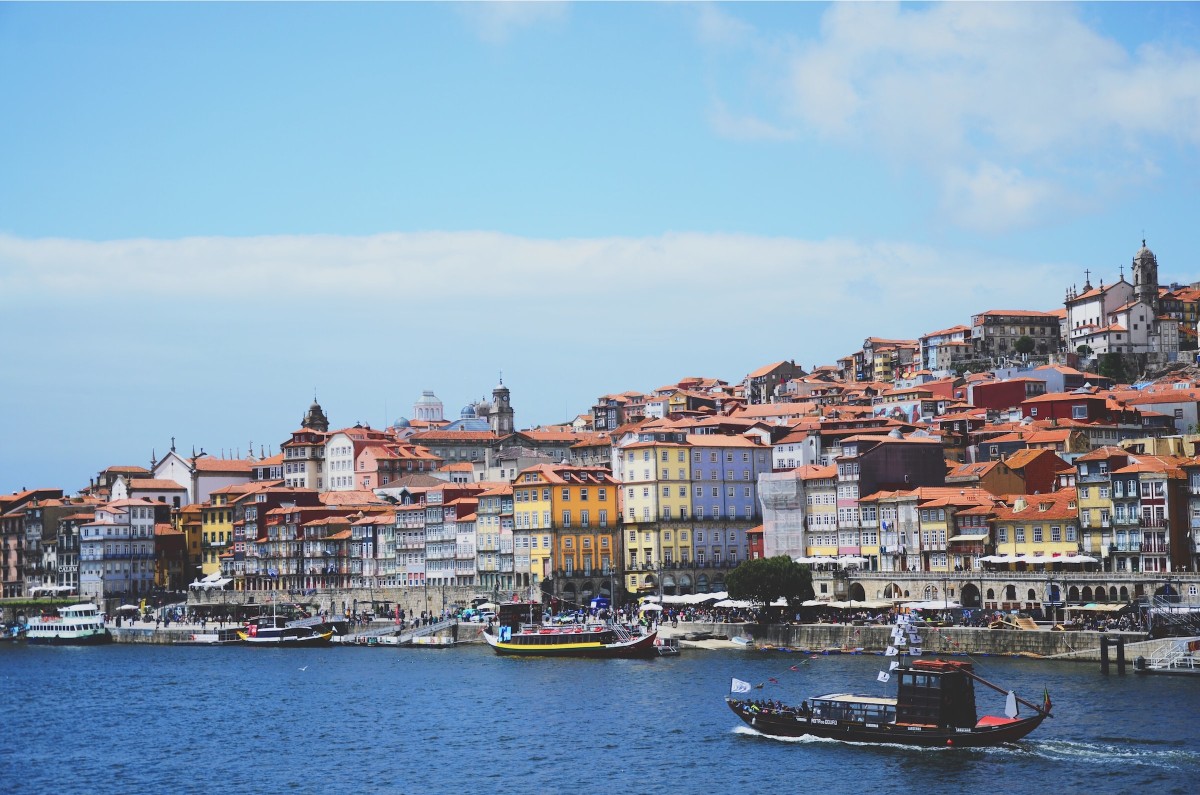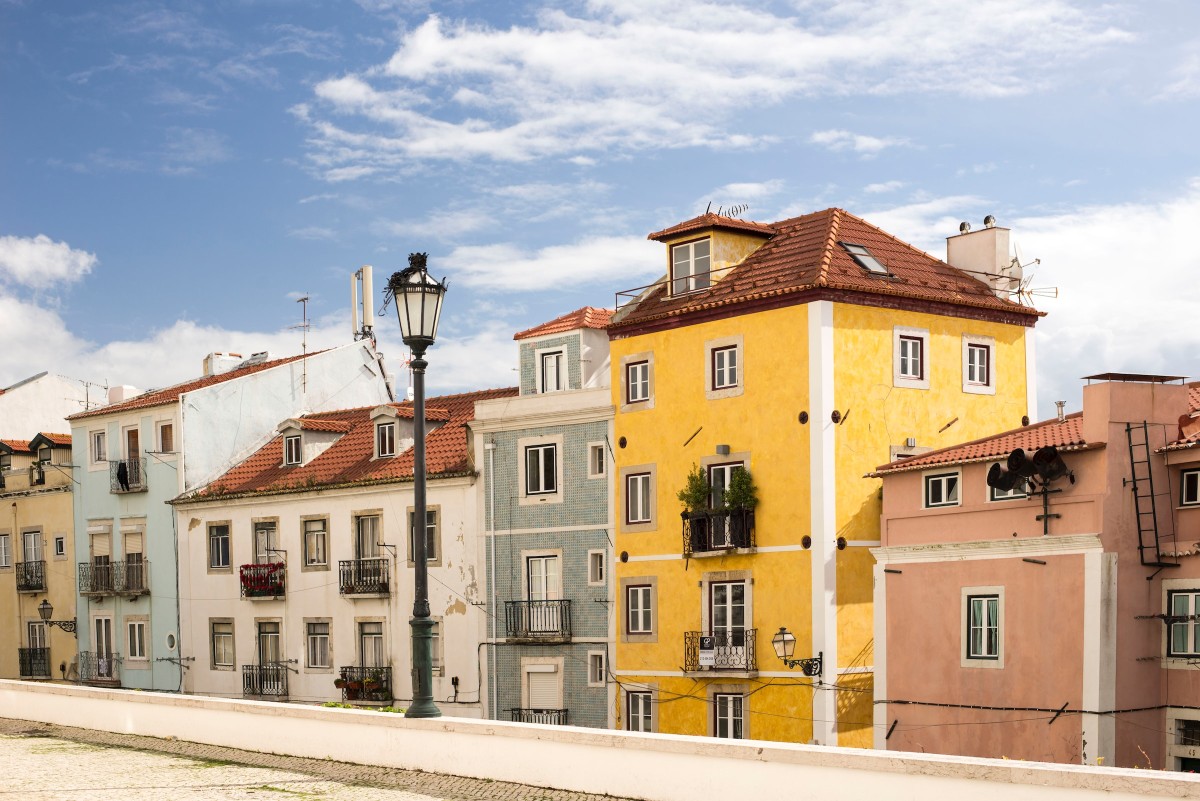
Over the last 10 years, the "significant increase" in the participation of non-resident buyers has marked the Portuguese residential market. Not only did they represent 11.7% of the value of housing transactions in the four quarters ending in June, but they also bought houses of much higher values than residents in Portugal. The Bank of Portugal (BdP) even says that the average value per house purchase disbursed by foreign buyers is 95% higher than the amount paid by resident buyers in the country.
Foreign property buying trends in Portugal
In the November 2022 Financial Stability Report, the regulator led by Mário Centeno refers to the role of foreigners in the "dynamism" of the Portuguese residential market in the last decade. And concludes that "after some reduction following the pandemic, housing transactions involving buyers with tax residence outside Portugal increased significantly again, with the majority contribution from buyers with tax residence outside the European Union (EU)," the document published at the end of November reads.
Specifically, non-resident buyers in Portugal accounted for 11.7% of the value of housing transactions in the country in the four quarters ending in June. And so they increased their importance in the total value of homes bought by 2.8 percentage points compared to the same period in the previous year, when foreigners accounted for only 8.9% of the value of housing transactions.
In addition, foreigners are buying houses in Portugal much more expensive than residents. The average transaction value by non-resident buyers is 95% higher than that of resident buyers, the report points out. And who buys more expensive homes, residents in other EU countries or outside European borders? According to data just released by the BdP, those who spend more on housing in Portugal do not live in Europe.
- Buyers with tax residence in other EU countries: the average transaction value of housing was 265 thousand euros, higher by 55% than the average transaction value of buyers with tax residence in Portugal;
- Buyers with tax residence outside the EU: the average transaction value was 414 thousand euros, 143% higher than the average value of transactions involving buyers residing in Portugal.

"The information available for properties transacted in the Lisbon area of urban regeneration (ARU) indicates some change in the weight of the main countries of residence of buyers, in particular an increase in acquisitions by US citizens", the document also highlights.
But that's not all. According to what several market specialists shared with idealista/news, more and more foreigners are coming to Portugal to buy a second home, especially from territories where political, economic and social instability is installed, such as the USA, Brazil and the United Kingdom. Or also from countries bordering Russia or Ukraine, where there is an armed conflict.
In Portugal, these foreign families seek to live in a peaceful environment, where quality of life, safety and well-being are assured. The tax regimes for foreigners in Portugal also help to attract families from other countries to live, such as:
- the non-habitual resident regime;
- visas for digital nomads;
- golden visas (even though the Government is studying the end of residence permits for investment).
In the Portuguese real estate market, the houses for sale also have an attractive quality-price ratio compared to other countries in Europe and the world, despite the rise in housing prices in recent years.

Evolution of house prices in the regions is influenced by foreign demand
The report also concludes that "the regional heterogeneity of demand from non-residents contributes to a differentiated evolution of prices between regions". In other words, the evolution of house prices is more accentuated in the Portuguese regions where foreigners buy more houses.
"In the recent period, marked by an increase in demand from non-residents, house price growth has been more marked in regions where their weight is higher and the percentage of transactions financed by credit is lower," they explain. Specifically, in the second quarter of 2022, the average house price grew, in homologous terms:
- 19.8% in the Algarve;
- 14.5% in the Lisbon Metropolitan Area
- 11% in the Porto Metropolitan Area;
- 10.8% in the rest of the country, where demand for homes by foreign citizens is lower.
It is in the Algarve where there is greater demand for second homes by foreigners, according to the same market specialists. Furthermore, according to a study by idealista, Lisbon, Loulé, Albufeira, Cascais and Porto were the five most sought-after municipalities for non-residents to purchase a home in the country in the second quarter of 2022.

Mortgages for foreigners represents only 7% of the total
Housing loans granted to foreign citizens (resident and non-resident) increased in the recent period, but still have a "small" weight compared to Portuguese citizens, says the institution governed by Mário Centeno. Specifically, the weight of foreign citizens in the stock of mortgages rose from 6.4% in December 2019 to 7% in June 2022. Of the value of new home loan operations in this period, 10% were granted to foreign citizens.
What justifies this increase in demand for mortgages by citizens from other countries? "The change in the profile of demand, in particular with a greater weight of demand for own and permanent housing by foreigners of working age and in lower age brackets, explains the recent growth," explains the report.
"In aggregate terms, the percentage of transactions financed with domestic credit has increased in recent years, but remains 25 p.p. below that observed in 2009," says BdP. Despite acquiring more expensive homes, foreigners who choose to buy homes with loans ask the bank for less money and have shorter average maturities than the Portuguese, the BdP also concludes based on loans granted since 2019.
The June data released in the report show this, taking into account the 'loan-to-value' (LTV), which expresses the ratio that the bank lends in relation to the value of the property:
- 12.5% of loans granted to foreign nationals had a current LTV ratio of over 80% (16% in the case of loans granted in the same period to nationals);
- 32% of the housing loans had a current LTV ratio between 40% and 60% (25% for nationals)
And around 40% of the mortgages granted to foreign citizens in Portugal had a maturity at origination between 30 and 40 years (65% for national citizens).
Reflecting a "greater intensity of demand from non-residents" in certain areas of the country, the weight of mortgage transactions differs significantly by region, as the 2021 data show:
- The Algarve: the percentage of transactions financed by mortgages was around 20%;
- Lisbon Metropolitan Area: mortgages represented around 60% of the value of transactions
- Porto Metropolitan Area: mortgages weighed 70% of the value of the transactions;
- Remaining regions of the country: mortgages made up more than 80% of the value of transactions.